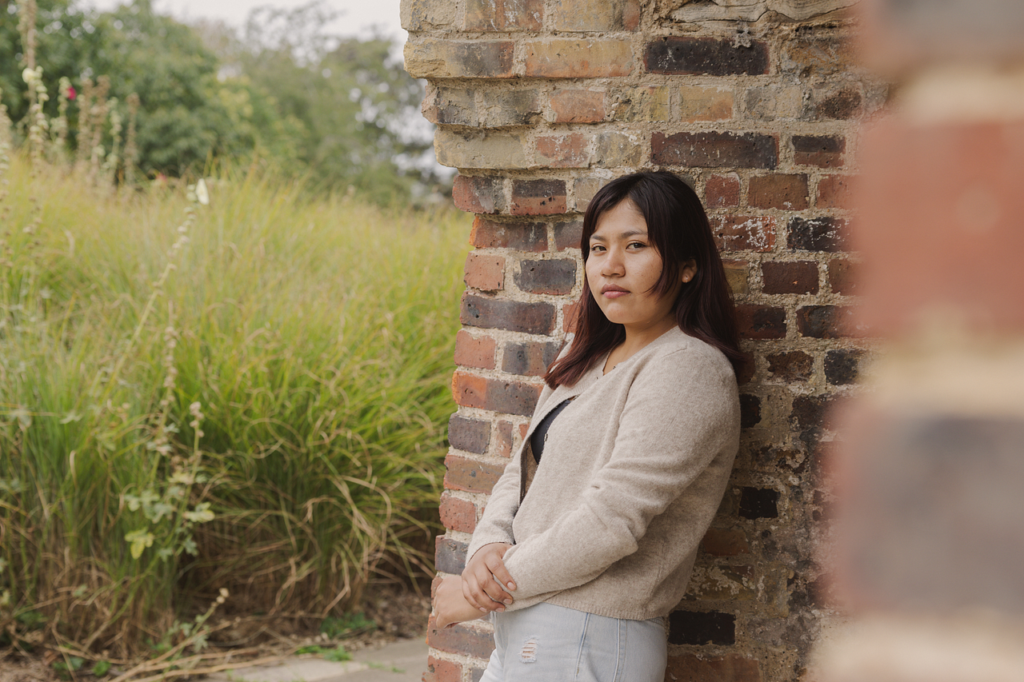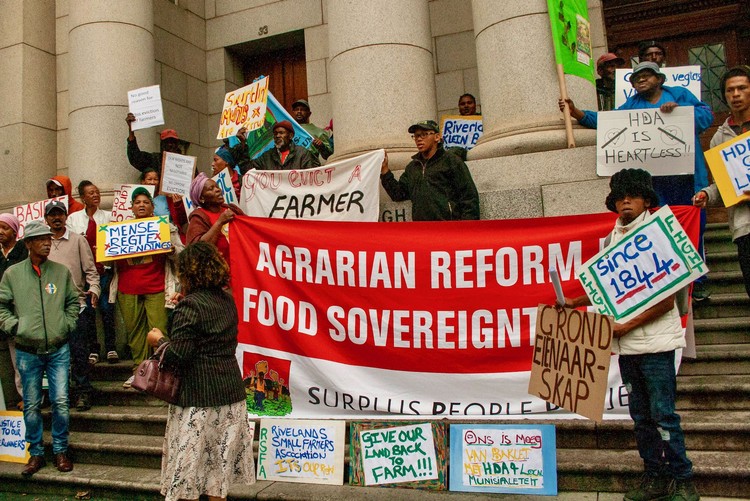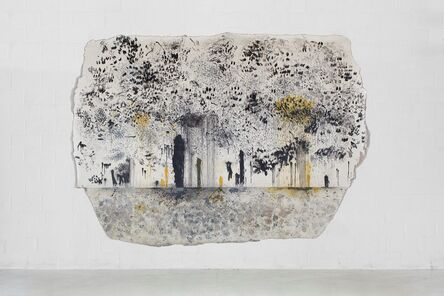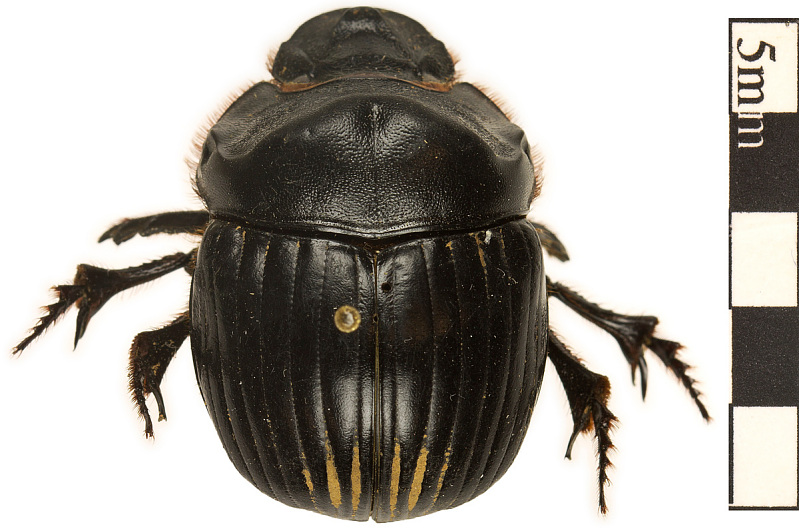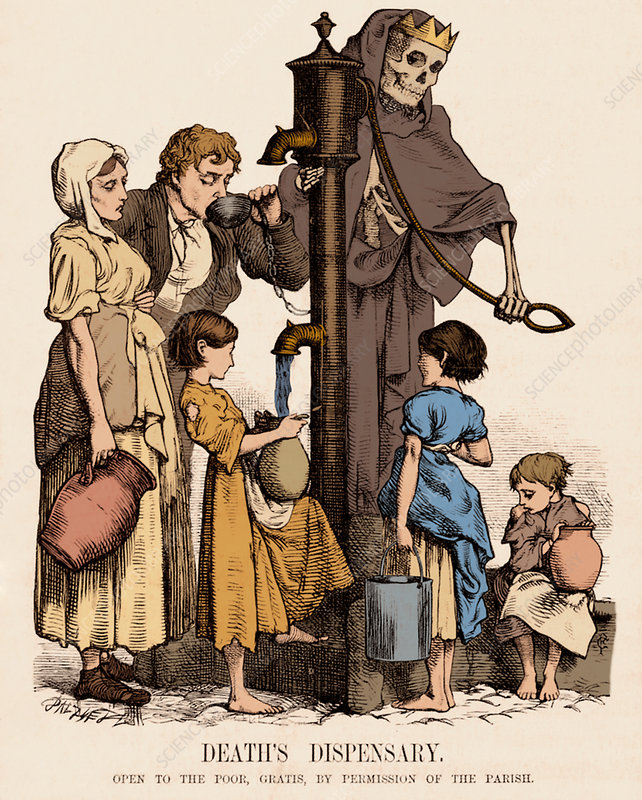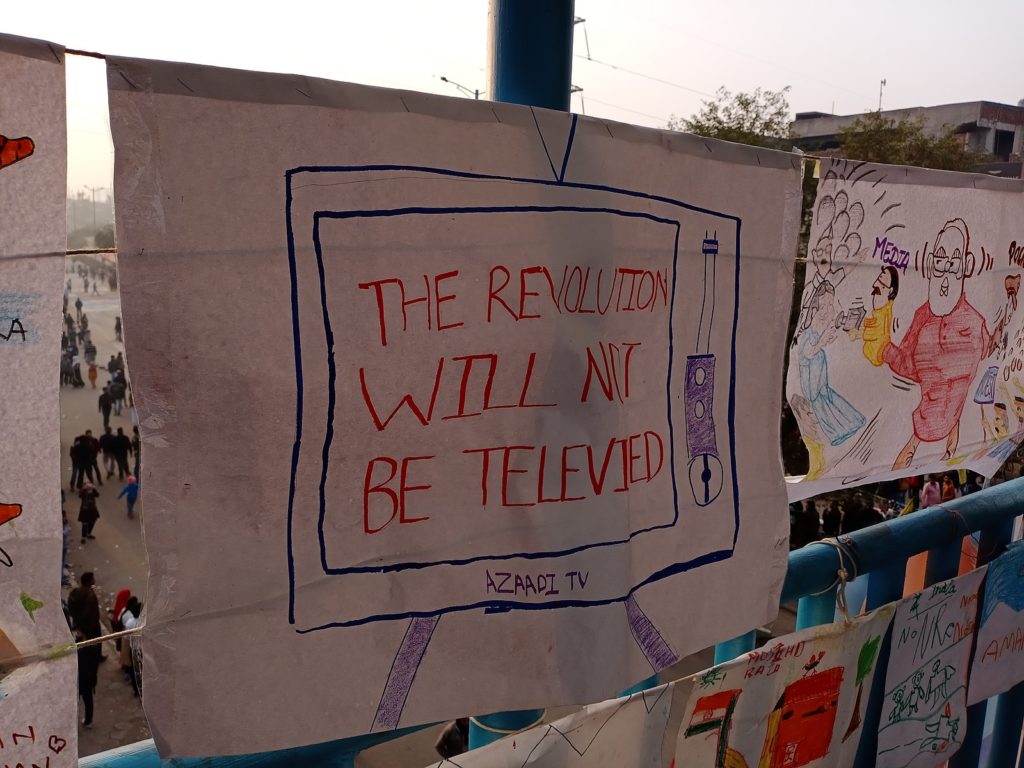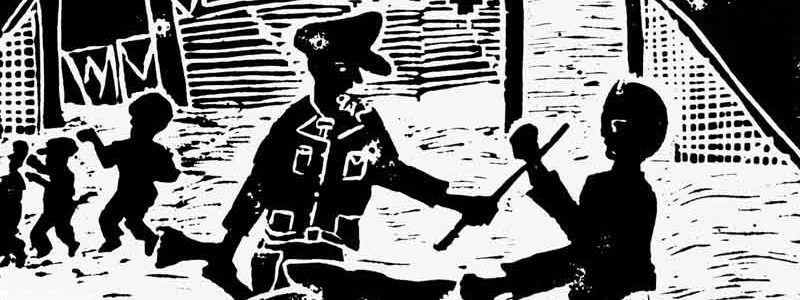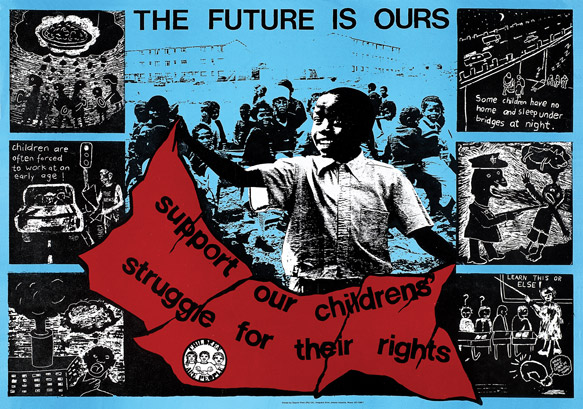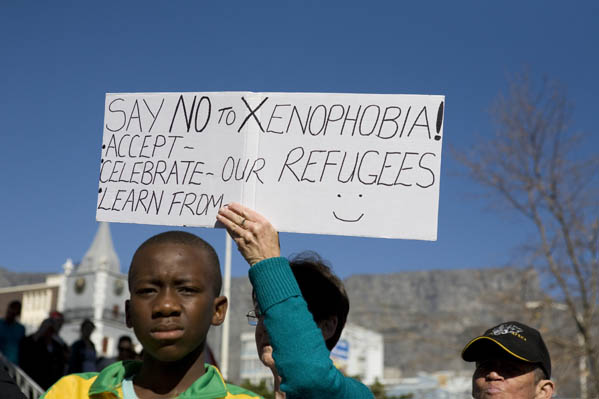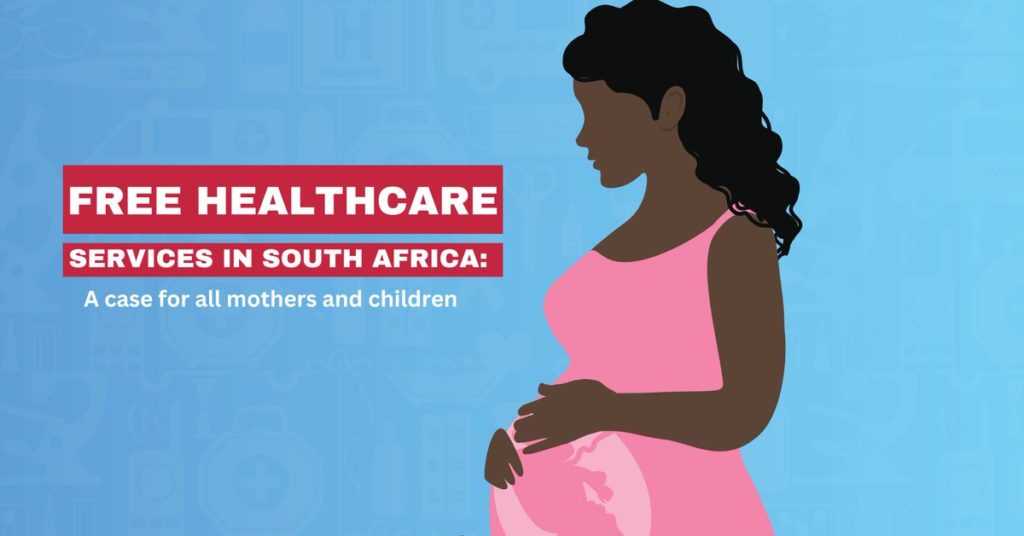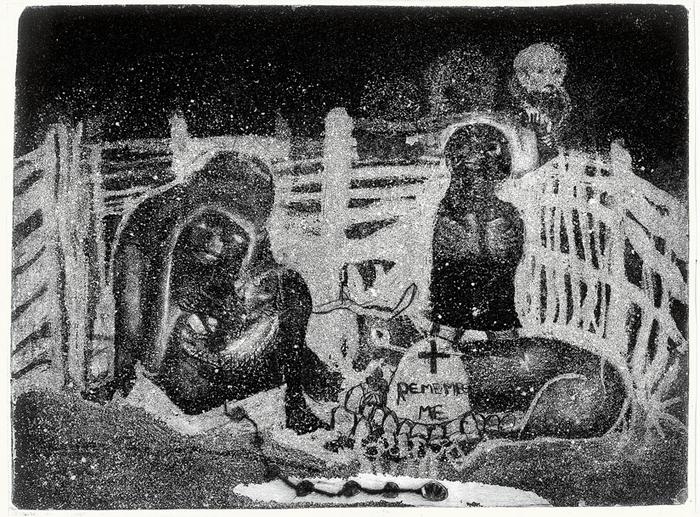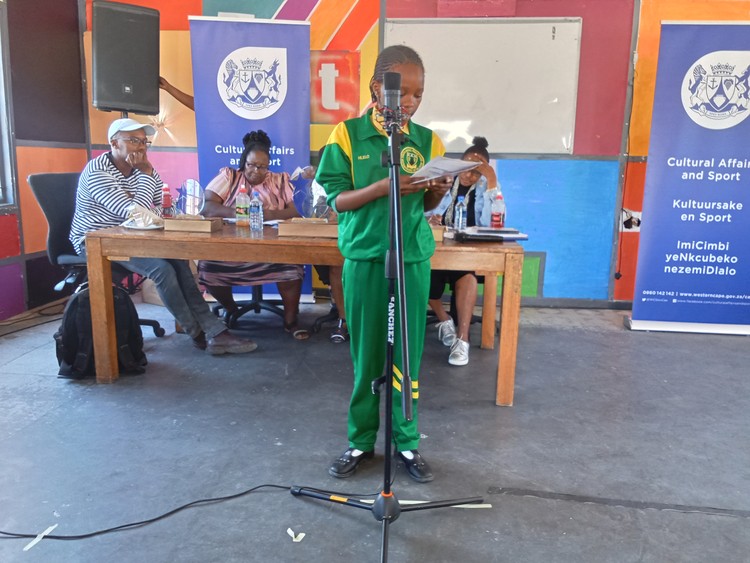
Hlelo Kana, a grade 4 learner at Samora Machel Primary School, won second place at the Philippi Arts Centre’s book quiz
Art is the way
Art is the way
is what they say
those bookworms
out Philippi Arts Centre way
(though art seems
only to matter
come vote-catching time)
Art is the way
where 40 or so
grade 3s and 4s
ace a book quiz
A book quiz
where they show
they can read
for meaning
(in isiXhosa)
Notwithstanding the ritual
of those PIRLS studies
that go the other way
What might the bookworms
have to say
“Book worms : Philippi learners ace Arts Centre book quiz“
(By David Kapp)
(Photo Credit: GroundUp / Qaqamba Falithenjwa)
